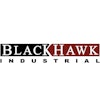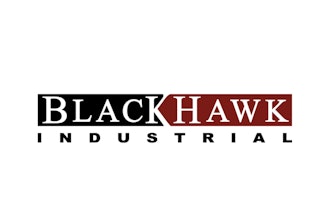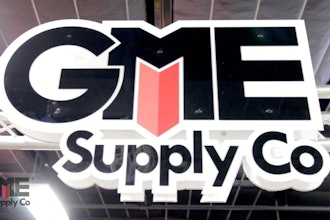CHICAGO, Jan. 25, 2011 /PRNewswire/ -- Grainger (NYSE: GWW) today reported record sales, net earnings and earnings per share for the year ended December 31, 2010. Sales of $7.2 billion were up 15 percent versus $6.2 billion in 2009. Net earnings of $511 million increased 19 percent versus $430 million in 2009. Earnings per share of $6.93 increased 23 percent versus $5.62 in 2009. Two unusual non-cash items were included in 2010 earnings, a $0.28 per share benefit from changes to the company's paid time off policy and a $0.15 per share tax expense related to the tax treatment of retiree healthcare benefits following the passage of the Patient Protection and Affordable Care Act, which resulted in a net benefit of $0.13 per share. Results for 2009 included a $0.37 per share gain from the MonotaRO transaction in September 2009. Excluding these unusual items from both years, net earnings increased 29 percent and earnings per share were up 30 percent in 2010 versus 2009.
Ryan added, "The recession challenged businesses and institutions to 'do more with less' and Grainger is in a unique position to help customers address this new reality as they seek to streamline their MRO purchasing processes and reduce costs. As a result, we are confident in our strategy and our ability to continue to gain additional market share. Our 2011 guidance remains unchanged since the November 17, 2010 analyst meeting where we forecasted sales growth of 5 to 9 percent and earnings per share of $7.15 to $7.90 for the full year 2011," said Ryan.
For the 2010 fourth quarter, the company reported sales of $1.8 billion, an increase of 12 percent versus $1.6 billion in the 2009 quarter. Net earnings of $132 million increased 36 percent versus $97 million in 2009. Earnings per share of $1.83 increased 44 percent versus $1.27 in 2009. The 2010 fourth quarter included a $0.04 per share benefit from the change in the paid time off policy. Excluding this unusual item, net earnings increased 34 percent and earnings per share were up 41 percent in the fourth quarter of 2010 versus the 2009 quarter.


















